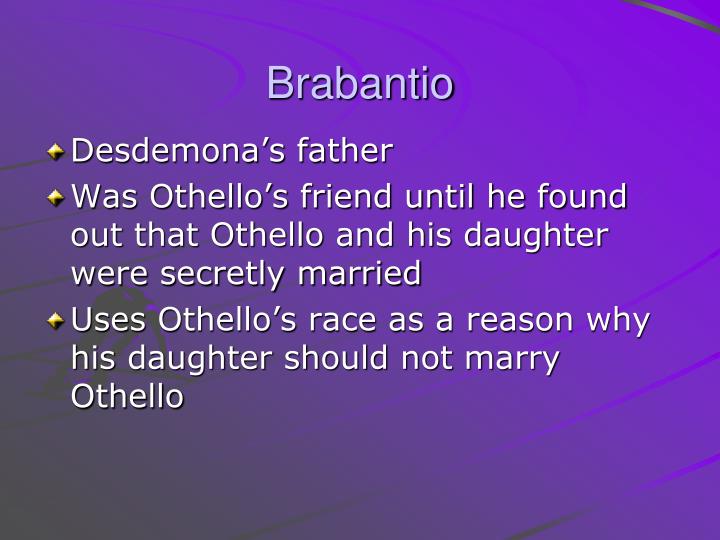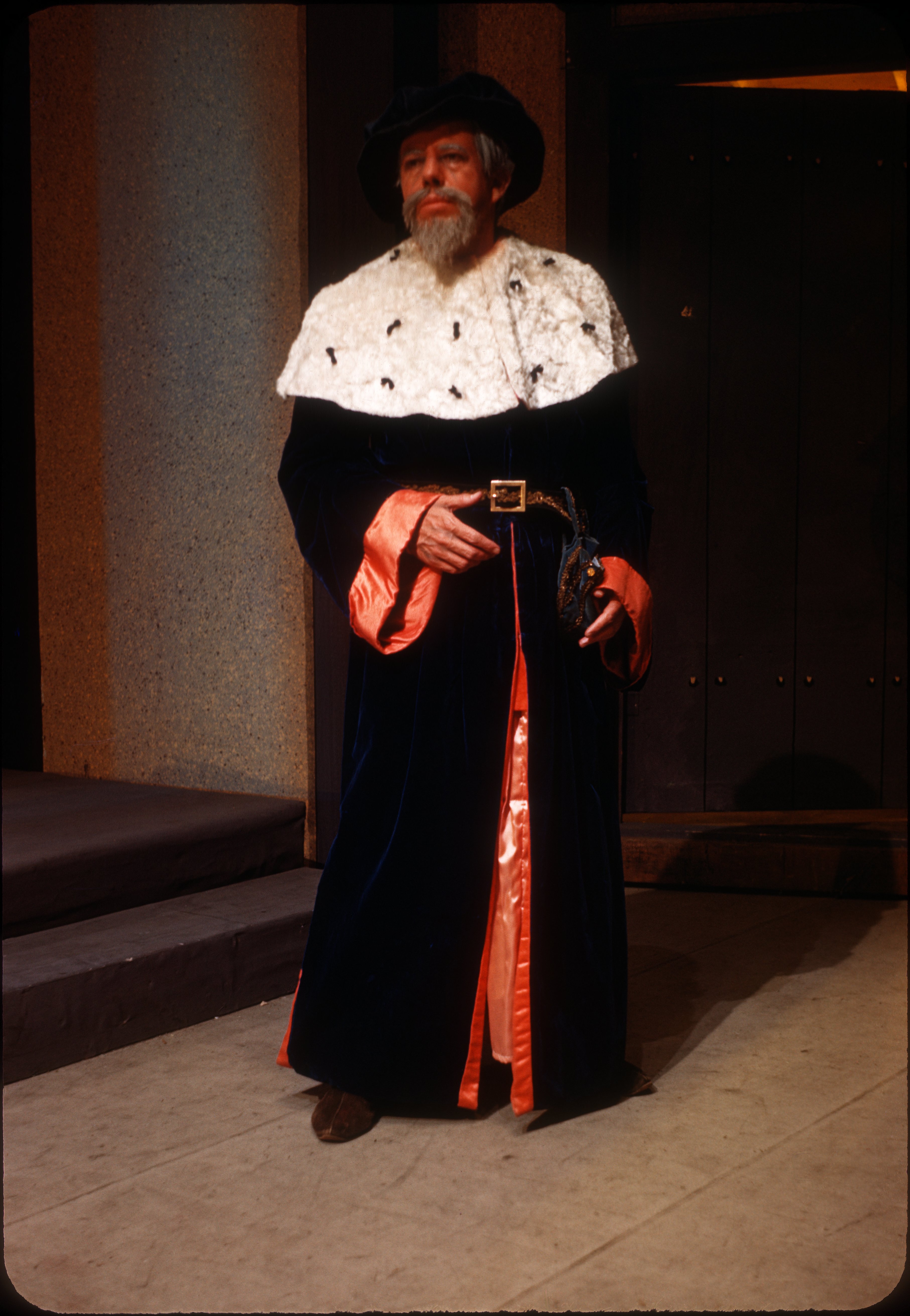

Othello starts to ask questions after Iago's innocent enquiry about whether Cassio knew of Othello's love. Iago plants the seed in Othello but he is only partly responsible for its turning into a mighty oak. Othello's swallowing of the titbits is hardly the admirable behaviour of a virtuous and valiant hero. In what has strangely been dubbed 'the great temptation scene', Iago feeds Othello titbits, letting Othello do all the work. Getting Othello to this point was relatively easy for Iago. He asks for 'ocular proof' but is easily satisfied with seeing the handkerchief, largely because by the time Iago produces it, Othello has already persuaded himself that his wife is an adulteress.

Othello is not really concerned with evidence. Before I discuss the jealousy and how it came about, I must pose the question, if Othello thinks he is 'not easily jealous' then why has he killed the wife whom he loved 'too well'? It is hard to see how anyone could judge Othello admirable at the end of the play and especially not when he is strangling his wife in her bed.


Even before such damning evidence is revealed, Othello is frothing at the mouth, quite literally. Surely no-one could be that ignorant to believe that he is anything but insanely jealous, murderously jealous. He tries to show himself as valiant and virtuous. In his final speech – which surely Shakespeare intends us to take note of when we judge how admirable he is - Othello offers an assessment of himself. Others are less forgiving, like Leavis, for example, who completely understands Othello's lies and apparent 'understatements'. Bradley's opinion of Othello is Othello's opinion of Othello – an opinion shown in the nineteen lines of ego inflating, trumpet blowing eulogy that Othello would like on his grave stone. Those defenders take Othello's side and presumably start to sing along. It is true he has some defenders – Bradley for example. We cannot help but hear it in all its noisy nonsense.
#Brabantio othello full
From the start he plays the Othello music at full blast. Everything he does is for the greater glory of himself. Macbeth has it in that he knows what he throws away when he kills Duncan. Virtue is about goodness and purity it is what tragic heroes are supposed to have in some form. He can't show valour against the Turks in Cyprus as fortunately for him they are drowned in the storm.Īs for his virtue. True he confronts Brabantio at the start of the play but that is only to tell him to put away his weapons and anyway this is a confrontation with an old man. The Duke calls him valiant – as do the senators, and certainly he sees himself as such, but Shakespeare does not show him engaged in any fighting. He has apparently been valiant in battle. It is only at the end that we can make any judgement about 'ultimately'. The statement above is the kind of thing Othello himself would believe, the kind of thing he says in his last speech of the play. I am not even sure that he has valour and virtue and if he has those qualities they certainly do not cancel out his atrocities and make him admirable. Othello's virtue and valour do not 'ultimately make him admirable'. I agree with this assessment of Othello as much as I would agree with a statement decreeing that it gets dark when the sun rises. Remember to include in your answer relevant comment on Shakespeare's dramatic methods. To what extent do you agree with this view? 'Othello's virtue and valour ultimately make him admirable.' Paper 1A, Section B - Othello Sample question Aspects of tragedy - exemplar student response and commentaryīelow you will find an exemplar student response to a Section B question in the specimen assessment materials, followed by an examiner commentary on the response.


 0 kommentar(er)
0 kommentar(er)
